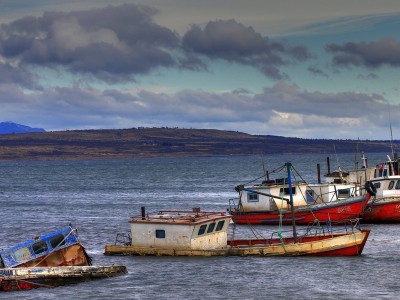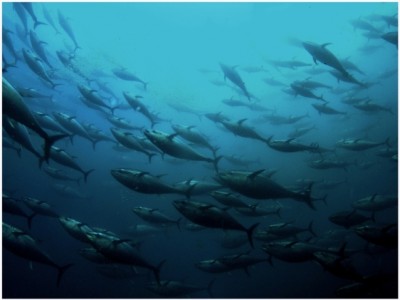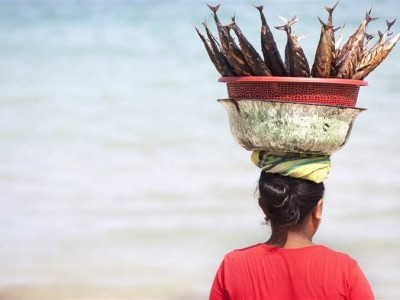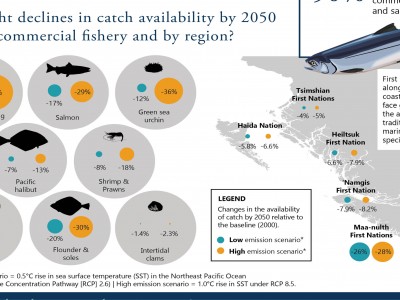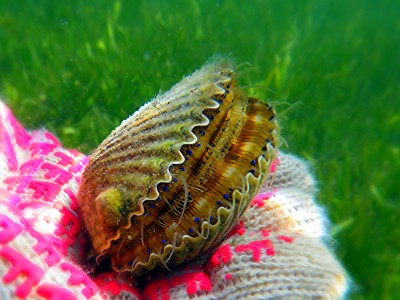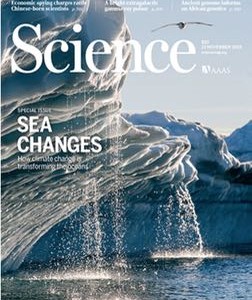Climate change effects on illegal, unreported and unregulated fishing
A range of human pressures is threatening the sustainability of marine fisheries. Amongst those, overfishing, partly driven by Illegal, Unreported and Unregulated (IUU) fishing, is a major stressor. Thirty percent of global fish catch goes unreported, found a recent study by Nereus Program collaborator Sea Around Us.
But the relationship between IUU fishing and climate change is a new topic. I speculate that climate change impacts on fisheries may indirectly increase IUU fishing.



